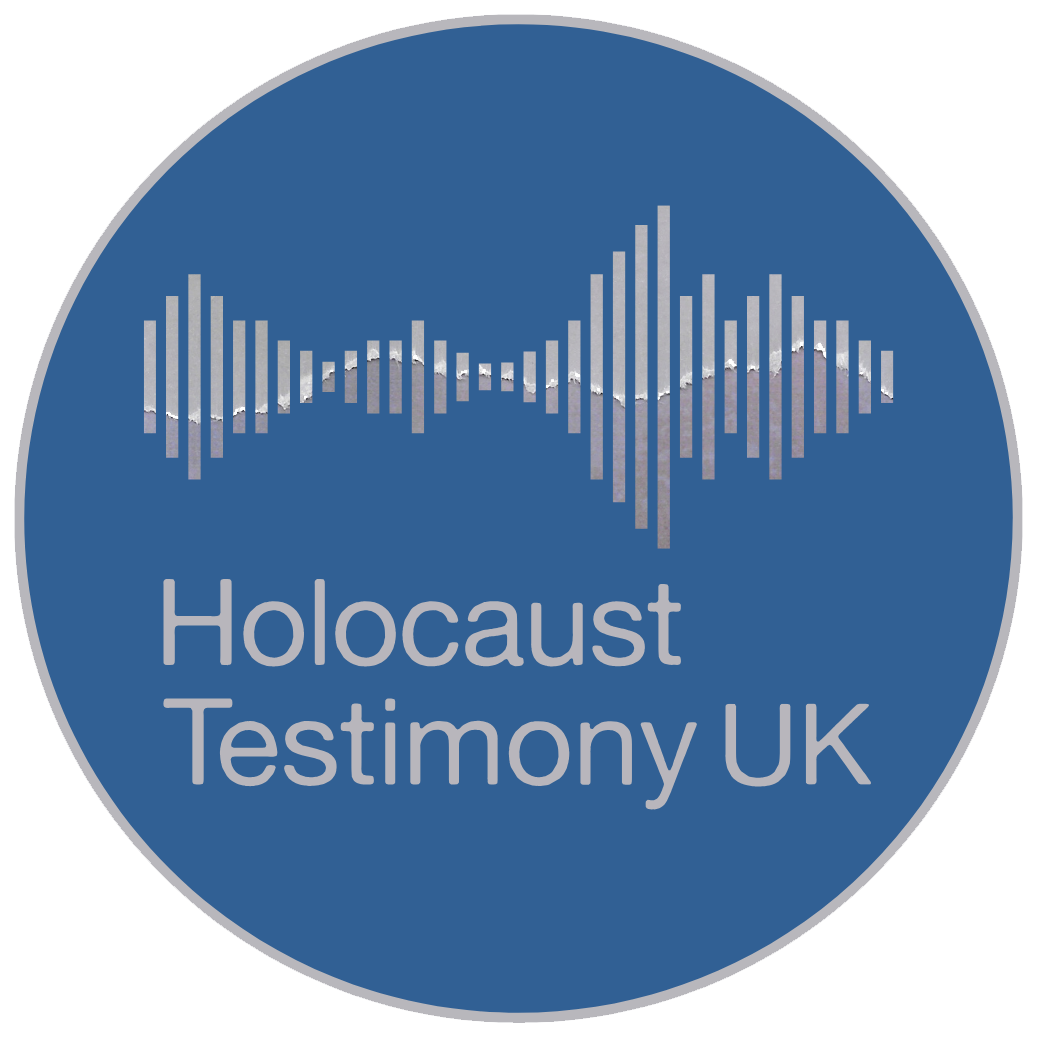<message>

Name
Born:
N/A
Place of Birth:
N/A
Date of Interview:
11/09/16
Place of Interview:
Interviewed by:
Name (Clickable)


It looks like this interview is hosted by one of our partners
Please click the link below to be redirected...
Visit Partner Website



INTERVIEW:
<name>
Born:
00/00/0000
Place of Birth:
Baden bei Wien
Institution:
<partnerName>
Collection:
Date of Interview:
11/09/16
Interviewed By:
Dr Bea Lewkowicz

Interview Summary
Herta Kammerling was born in Baden bei Wien in 1926. Her mother Margarte Plachkes nee Grosz died a few months after Herta’s birth and her father married her aunt Gertrude Plachkes, who Herta considers her mother. They lived in the 3rd district and Herta went to the Volkschule later to the Hauptschule am Loquai Platz. She describes a very happy childhood with her younger brother Otto. Her father had a business as a sausage casing maker (Darmverkaufer).
After Kristallnacht the SS took all their belongings away and they had to move to a very small flat. Her mother was very heavily pregnant when Herta and her brother were sent on a Kindertransport to the UK. Herta was very worried that her mother would fall down on her way back from the West Bahnhof and nobody would help her. Her brother Eric was born a day after Herta and Otto left. She cannot remember much of the journey, like her husband Walter she says it was all in haze. She was not together with her brother on the trip. They arrived in Liverpool Street where they were met by her mother’s sister who took the children to the guarantors in Liverpool, Mr and Mrs Moorshak, a Jewish couple who did not have children.
Herta missed her family terribly. She had Scarlet fever and had to go to hospital. When the nurses told her that her mother had come and it was Mrs Moorshak, Herta turned on her as she could not cope with not seeing her mother. Otto had dreams about their parents and wanted to switch on the light, so that the parents knew where they were, but adapted better than Herta. Herta started going to the Jewish school in Liverpool and soon they were evacuated to Chester, where she stayed with a non-Jewish couple.
Through the help of a brother of her father’s, Herta’s parents had come to the UK in August 1939. But it was impossible for them to be together as a family. Baby Eric was given to a Jewish Home, where they could visit him every Sunday. Herta joined her parents in 1941 and started to work as finisher for a company called Green and Gross. She lived when possible with her parents but also in various hostels. She points out that the family unit was destroyed and that she recalls the short time they could live together in London. Herta decided to train as a nursery teacher and worked first for the Austrian nursery in Swiss Cottage and then for a War Nursery.
In London Herta joined Young Austria, where she met Walter. This was like a family to her and very important. She married Walter when she was 18 in the registry office in Salisbury, where her parents had settled. Like Walter she wanted to return to Vienna to build up a new Austria. After a few years in Austria, she felt it was important to be near her parents and they moved to Bournemouth where they settled. Her father had continued in the sausage casing business in the UK. Herta talks about the importance of family and is pleased to have five grandsons and one great-grand daughter. At the end of the interview, she (and Walter) discuss their 72 years of marriage (and happiness).


